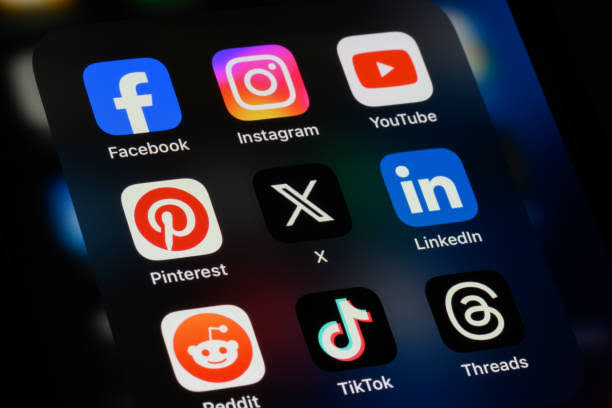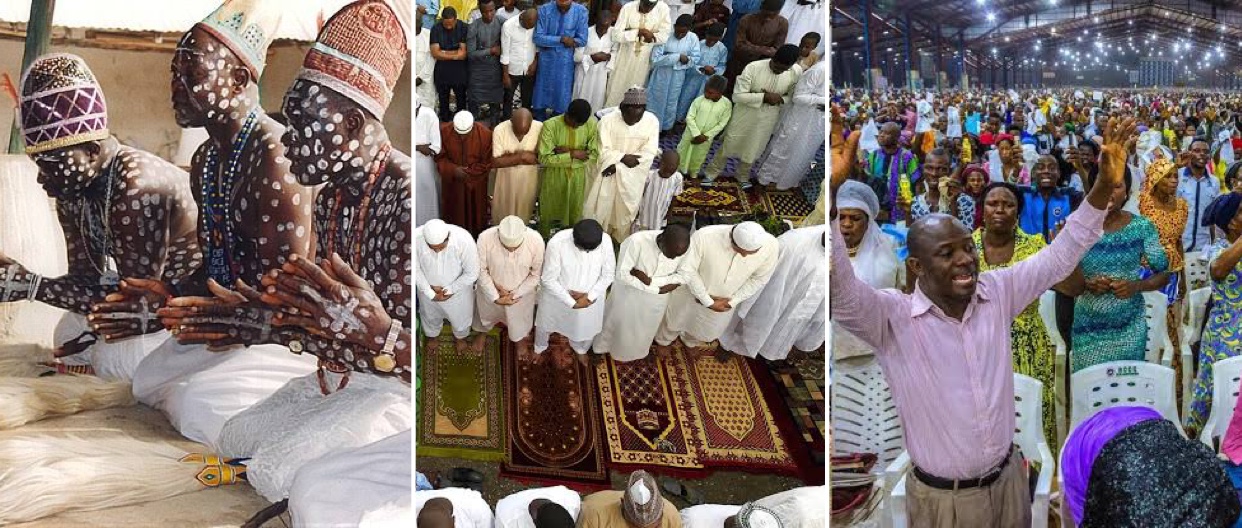For older generations of Nigerians, marriage was a life milestone, almost compulsory. It was a marker of responsibility, adulthood, and social respectability. To remain unmarried past a certain age was to invite whispers, pity, or even pressure from family and community. But for Gen Z Nigerians, those born between the late 1990s and early 2010s, the script is being rewritten.
Marriage is no longer seen as an obligation. Relationships themselves are being redefined, shaped by globalization, technology, economic realities, and a generational desire for authenticity. What was once rigid is now fluid.
Marriage as a Choice, Not a Duty
For many young Nigerians, marriage is no longer the ultimate goal of adulthood. Unlike their parents, who often married in their early or mid-twenties, Gen Z Nigerians are delaying or rethinking the institution altogether.
This is partly due to shifting priorities. Personal growth, financial stability, career advancement, and the “soft life” lifestyle are often placed above marriage. Rather than marrying “on time” to satisfy cultural expectations, many choose to wait until they feel ready — if at all.
Situationships & Cohabitation
Traditional dating used to have a clear trajectory: meet, date, marry. Today, Gen Z has introduced more complex arrangements. “Situationships” relationships without clear labels or long-term expectations are common, openly discussed, and sometimes even celebrated on social media.
Cohabitation, once considered taboo, is also becoming more common in urban centers. Many young couples prefer living together first as a test of compatibility before committing legally or religiously. While controversial in conservative circles, it reflects a desire for practicality and honesty about relationships.
Digital Dating & Global Exposure

Technology has revolutionized love. Apps like Tinder, Bumble, and even X or Instagram DMs now play a central role in how Gen Z Nigerians meet partners. Long gone are the days when introductions were made primarily through family networks, religious gatherings, or local communities.
Global cultural exchange also influences these choices. Through TikTok, Netflix, and international friendships, Gen Z Nigerians are exposed to relationship models that challenge traditional ones. This is from interracial and long-distance relationships to non-traditional family structures.
Redefining Gender Roles
Gen Z Nigerians are less willing to conform to rigid gender roles in relationships. Many women refuse to be defined by marriage or reduced to homemaking or being full-time housewives. Independence, ambition, and self-identity are prioritized.
Men, too, are shifting. There is more openness to emotional vulnerability, shared domestic responsibilities, and dual-income partnerships. While traditional gender expectations persist, the younger generation is slowly pushing for balance and fairness in relationships.
Alternative Approaches to Commitment
Not everyone in this generation wants marriage. Some openly embrace long-term partnerships without legal or religious ceremonies. A small but growing minority discuss polyamory, open relationships, or other alternative arrangements, using social media to normalize conversations that were once hidden or dismissed.
While these models are still controversial, their visibility underscores a generational willingness to question the idea that marriage is the only valid form of commitment.
Religion, Tradition & Resistance

Despite these shifts, Gen Z Nigerians are not free from societal pressure. Parents, religious institutions, and extended families continue to expect timely marriage and traditional unions. A young woman in her late twenties may still face pointed questions at Christmas gatherings.
Online, too, there is pushback. Influencers or celebrities who advocate unconventional relationships often receive backlash. The struggle between individual choice and cultural expectation remains sharp.
The Economy’s Heavy Hand

Economic realities also drive these changes. The rising costs of weddings, rent, childcare, and even basic living make marriage less appealing for many. Gen Z Nigerians, facing unemployment and inflation, often prioritize financial independence before considering marriage.
For some, avoiding or delaying marriage is less about ideology and more about practicality: “Why rush into responsibility when survival itself is already demanding?”
The Future of Love & Marriage in Nigeria
Looking ahead, it’s clear that Gen Z Nigerians are charting a new path. Marriage rates may decline, weddings may happen later in life, and the definition of commitment will expand to include diverse forms of partnerships.
Rather than rejecting love altogether, Gen Z Nigerians are simply demanding that relationships fit their values not just tradition. Authenticity, freedom, equality, and intentionality are the new guiding principles.
For their parents, marriage was expected. For Gen Z, it is optional. In that shift lies a profound redefinition of what it means to love and commit in modern Nigeria.





